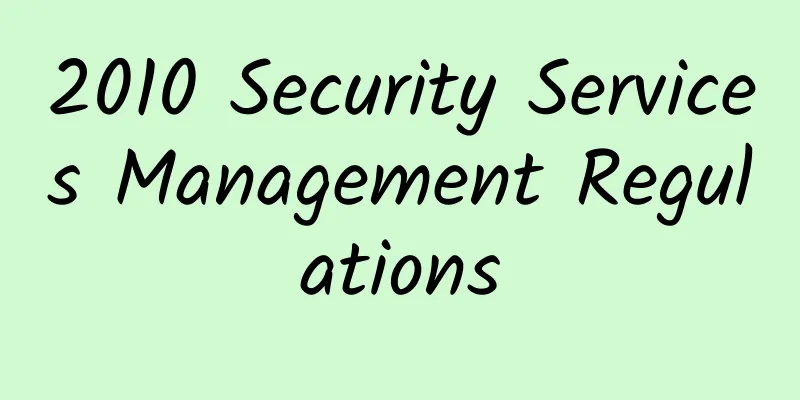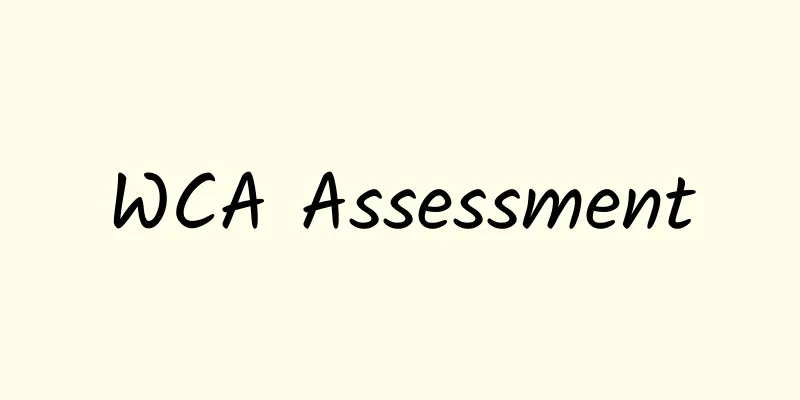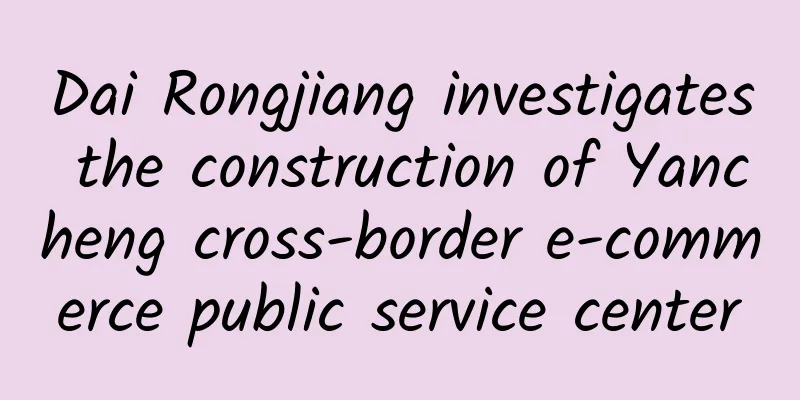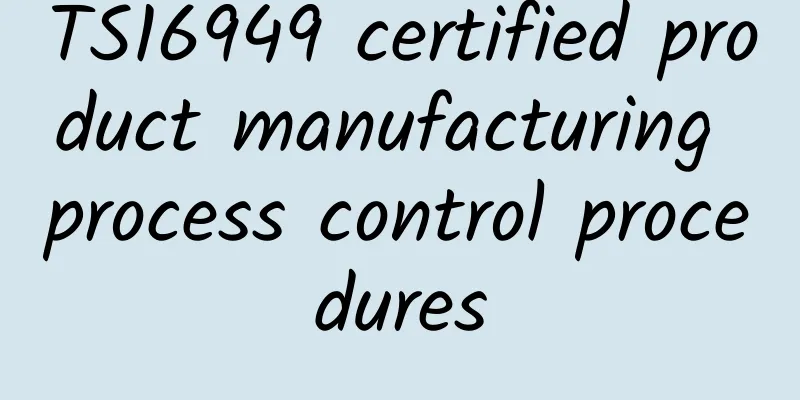2010 Security Services Management Regulations

|
Order of the State Council of the People's Republic of China (No. 564) The "Regulations on Security Service Management" was adopted at the 82nd executive meeting of the State Council on September 28, 2009, and is hereby promulgated and shall come into effect on January 1, 2010. Security Services Management Regulations Chapter I General Provisions Article 1 These Regulations are formulated in order to standardize security service activities, strengthen the management of units and security personnel engaged in security services, protect personal and property safety, and maintain social order. Article 2 Security services as referred to in these Regulations mean: (1) Security service companies dispatch security guards to provide services such as door guarding, patrolling, guarding, escorting, personal protection, security inspection, security technology prevention, and security risk assessment to client units in accordance with security service contracts; (2) Personnel employed by government agencies, groups, enterprises and public institutions to perform security work such as door guarding, patrolling and guarding in the units; (3) Services such as doorman, patrol, and order maintenance performed by personnel employed by property service companies within the property management area. The agencies, groups, enterprises, public institutions and property service enterprises mentioned in Items (2) and (3) of the preceding paragraph are collectively referred to as units that employ security guards on their own. Article 3 The public security department of the State Council shall be responsible for the supervision and management of security service activities throughout the country. The public security organs of local people's governments at or above the county level shall be responsible for the supervision and management of security service activities within their administrative areas. Under the guidance of the public security organs, the Security Services Industry Association carries out self-discipline activities in the security services industry in accordance with the law. Article 4 Security service companies and units that employ security guards on their own (hereinafter referred to as security service units) shall establish and improve security service management systems, job responsibility systems and security guard management systems, strengthen the management, education and training of security guards, and improve the professional ethics, professional quality and sense of responsibility of security guards. Article 5 Security companies shall protect the legal rights and interests of security guards in social insurance, employment, labor protection, wages and benefits, education and training, etc. in accordance with the law. Article 6 Security service activities shall be civilized and legal and shall not harm the public interest or infringe upon the legitimate rights and interests of others. Security guards perform security service activities in accordance with the law and are protected by law. Article 7 The public security organs and other relevant departments shall commend and reward security companies and security personnel who have made outstanding contributions to protecting public property and the safety of people’s lives and property, and preventing and stopping illegal and criminal activities. Chapter 2 Security Service Company Article 8 A security service company shall meet the following conditions: (1) Having a registered capital of no less than RMB 1 million; (2) The proposed legal representative and key management personnel of the security service company shall possess the professional knowledge and relevant business experience required for the position and shall have no negative records such as criminal punishment, reeducation through labor, custody and education, compulsory isolation for drug rehabilitation, or dismissal from public office or expulsion from the military; (3) Having professional and technical personnel suitable for the security services provided, among which professional and technical personnel with qualification requirements stipulated by laws and administrative regulations shall obtain the corresponding qualifications; (4) Having accommodation and the facilities and equipment necessary for providing security services; (V) Having a sound organizational structure and security service management system, job responsibility system, and security guard management system. Article 9 When applying to establish a security service company, an application and materials that can prove that it meets the conditions stipulated in Article 8 of these Regulations shall be submitted to the public security organ of the municipal people's government where it is located. The public security organ that accepts the application shall conduct an examination within 15 days from the date of receipt of the application materials, and report the examination opinions to the public security organ of the people's government of the province, autonomous region or municipality directly under the central government where it is located. The public security organ of the people's government of the province, autonomous region or municipality directly under the central government shall make a decision within 15 days from the date of receipt of the examination opinions, and issue a security service license to those who meet the conditions; if they do not meet the conditions, they shall notify the applicant in writing and explain the reasons. Article 10 Security service companies engaged in armed guard and escort services shall comply with the planning and layout requirements of the State Council’s public security department for armed guard and escort services, meet the conditions prescribed in Article 8 of these Regulations, and meet the following conditions: (1) Having a registered capital of no less than RMB 10 million; (2) It is wholly state-owned or the state-owned capital accounts for more than 51% of the total registered capital; (3) Having guards and escorts who meet the requirements of the Regulations on the Management of the Use of Firearms by Full-time Guards and Escorts; (iv) Having special transport vehicles and communication and alarm equipment that meet national or industry standards. The public security organ that accepts the application shall conduct an examination within 15 days from the date of receipt of the application materials, and report the examination opinions to the public security organ of the people's government of the province, autonomous region, or municipality directly under the central government where it is located. The public security organ of the people's government of the province, autonomous region, or municipality directly under the central government shall make a decision within 15 days from the date of receipt of the examination opinions, and issue a security service license for armed guard and escort business to those who meet the conditions, or add armed guard and escort services to the existing security service license; for those who do not meet the conditions, the applicant shall be notified in writing and the reasons shall be stated. Article 12 An applicant who has obtained a security service license shall go to the industrial and commercial administration to register with the security service license. If the applicant fails to register with the industrial and commercial administration within 6 months after obtaining the security service license, the security service license shall become invalid. If a security service company establishes a branch, it shall file a record with the public security organ of the municipal people's government where the branch is located. The record shall include the security service license and industrial and commercial business license of the head office, the basic information of the legal representative of the head office, the person in charge of the branch and the security guards. If the legal representative of a security service company changes, it must be reviewed by the original approving public security authority and the change registration must be handled at the industrial and commercial administrative authority with the review documents. Chapter III Units that employ security guards on their own Article 13 Units that employ security guards on their own shall have legal person status, have security guards that meet the requirements of these Regulations, and have a sound security service management system, job responsibility system and security guard management system. Entertainment venues shall employ security guards from security service companies in accordance with the provisions of the Regulations on the Management of Entertainment Venues and shall not recruit security guards on their own. Article 14 Any unit that employs security guards on its own shall file a record with the public security organ of the local municipal people's government within 30 days from the date of commencement of security services. The following materials shall be provided for filing: (1) Certification of legal person qualifications; (2) Basic information of the legal representative (principal person in charge), persons in charge of specific matters and security guards; (3) Basic information of the security service area; (IV) The status of establishing a security service management system, a job responsibility system, and a security guard management system. If an organization that employs security guards on its own no longer employs security guards to provide security services, it shall cancel the registration with the public security authority where it has filed the registration within 30 days from the date of cessation of security services. Article 15 Units that employ security guards on their own shall not provide security services outside the unit or outside the property management area. Chapter 4 Security Guard Article 16 Chinese citizens who are 18 years of age or older, in good health, of good conduct, and with a junior high school education or above may apply for a security guard certificate and engage in security services. Applicants who pass the examination and review by the public security organ of the municipal people's government with districts and retain biometric information such as fingerprints will be issued a security guard certificate. The specific methods for extracting and retaining security guards' fingerprints and other human biometric information shall be stipulated by the public security department of the State Council. Article 17 Anyone who has any of the following circumstances shall not be employed as a security guard: (1) Having been detained for education, forced isolation for drug rehabilitation, reeducation through labor, or administratively detained more than three times; (2) Having been criminally punished for an intentional crime; (3) The security guard certificate has been revoked for less than 3 years; (4) Having had his security guard certificate revoked twice. Article 18 Security companies shall recruit people who meet the requirements of security guards as security guards and sign labor contracts with the recruited security guards in accordance with the law. Security companies and their security guards shall participate in social insurance in accordance with the law. Security service providers should provide regular training on law, security professional knowledge and skills to security personnel based on the needs of security service positions. Article 19 Security companies shall conduct regular assessments of security guards. If they find that a security guard is unqualified or has seriously violated the management system and the labor contract needs to be terminated, they shall handle it in accordance with the law. Article 20 Security service providers shall purchase accident insurance for security guards based on the risk level of the security service positions. If a security guard is injured or killed in the course of work, he shall enjoy work-related injury insurance benefits in accordance with the relevant national provisions on work-related injury insurance; if a security guard dies and is approved as a martyr, he shall enjoy pension benefits in accordance with the relevant national provisions on commending martyrs. Chapter V Security Services Article 21 When providing security services, a security service company shall sign a security service contract with the client unit, clearly stipulating the service items, content and rights and obligations of both parties. After the security service contract is terminated, the security service company shall keep the security service contract for at least 2 years for reference. Article 22: Key public security protection units related to national security, involving state secrets, etc., as determined by local people's governments at or above the level of a prefecture-level city, shall not hire wholly foreign-owned, Sino-foreign joint ventures, or Sino-foreign cooperative security service companies to provide security services. Article 23 Where a security service company sends security guards across provinces, autonomous regions, or municipalities directly under the Central Government to provide security services to client units, it shall file a record with the public security organ of the municipal people's government where the service is provided. The record shall include the security service license and industrial and commercial business license of the security service company, the security service contract, and the basic information of the person in charge of the service project and the security guards. Article 24 Security service companies shall provide standardized security services in accordance with the service standards of the security service industry, and security guards dispatched by security service companies shall abide by the relevant rules and regulations of the client unit. The client unit shall provide the necessary conditions and guarantees for security guards to provide security services. Article 25: Technical prevention products used in security services shall comply with relevant product quality requirements. The installation of monitoring equipment in security services shall comply with relevant national technical specifications, and the use of monitoring equipment shall not infringe upon the legitimate rights and interests of others or personal privacy. The surveillance video data and alarm records generated during security services shall be retained for at least 30 days for reference, and security service providers and client units shall not delete, modify or disseminate them. Article 26 Security companies shall keep confidential the state secrets, commercial secrets learned during security services, and information that the client unit explicitly requests to be kept confidential. Security service providers shall not instruct or condone security guards to obstruct the lawful performance of official duties, participate in debt collection, or use violence or the threat of violence to resolve disputes. Article 27 Security guards shall wear security guard uniforms and bear the national unified security service logo when on duty. Security guard uniforms and security service logos shall be clearly distinguished from the uniforms and logos of the staff of the People's Liberation Army, the People's Armed Police and the People's Police, the administrative law enforcement agencies such as industry and commerce and taxation, and the people's courts and people's procuratorates. The uniforms of security guards are recommended by the National Security Service Industry Association, and security service companies can choose from the recommended styles. The style of security service logos is determined by the National Security Service Industry Association. Article 28 Security service providers shall provide security guards with the necessary equipment according to the needs of security service posts. The equipment standards for security service posts shall be stipulated by the public security department of the State Council. Article 29 In the course of security service, in order to perform security service duties, security guards may take the following measures: 1. Check the credentials of persons entering and leaving the service area, and register vehicles and items entering and leaving the service area; (2) Conduct patrols, guarding, safety inspections, and alarm monitoring within the service area; (3) Conduct security checks on people and their belongings in public places such as airports, stations, and docks to maintain public order; (IV) When carrying out armed guard and escort missions, temporary isolation areas may be established as required by the mission, but interference with normal activities of citizens should be minimized as much as possible. Security guards should promptly stop illegal and criminal acts occurring in the service area. If stopping the illegal and criminal acts is ineffective, they should immediately call the police and take measures to protect the scene. Security guards engaged in armed guarding and escort services shall use firearms when performing armed guarding and escort tasks in accordance with the provisions of the "Regulations on the Management of Firearms Use by Full-time Guarding and Escorting Personnel". Article 30 Security guards shall not engage in the following acts: (1) restricting the personal freedom of others, searching the body of others, or insulting or beating others; (2) Seizing or confiscating the documents or property of others; (3) obstructing the performance of official duties in accordance with the law; (4) Participating in debt collection, or using violence or the threat of violence to resolve disputes; (5) Deleting, altering or disseminating surveillance video materials and alarm records generated during security services; (6) Invading personal privacy or leaking state secrets, commercial secrets or information explicitly requested to be kept confidential by the client unit learned during the security service; (VII) Other acts that violate laws or administrative regulations. Article 31 Security guards have the right to refuse to carry out illegal instructions from security companies or client companies. Security companies may not terminate the labor contract with security guards, reduce their labor remuneration and other benefits, or stop paying or reduce the social insurance premiums that they should pay for them according to law because they do not carry out illegal instructions. Chapter VI Security Training Units Article 32 Security training units shall meet the following conditions: (2) Having the teaching staff required for security training, among which the professional security teachers shall have a bachelor's degree or above or more than 10 years of experience in public security management; (3) Having the venues, facilities and other teaching conditions required for security training. Article 33 Any unit applying to engage in security training shall submit an application and materials that can prove that it meets the conditions stipulated in Article 32 of these Regulations to the public security organ of the municipal people's government where it is located. The public security organ that accepts the application shall conduct an examination within 15 days from the date of receipt of the application materials, and report the examination opinions to the public security organ of the people's government of the province, autonomous region or municipality directly under the central government where it is located. The public security organ of the people's government of the province, autonomous region or municipality directly under the central government shall make a decision within 15 days from the date of receipt of the examination opinions, and issue a security training license to those who meet the conditions; if they do not meet the conditions, they shall notify the applicant in writing and explain the reasons. Article 34 The training of security guards engaged in armed guard and escort services in the use of firearms shall be the responsibility of the people's police academies and people's police training institutions. The people's police academies and people's police training institutions responsible for the training shall register with the public security organs of the provincial, autonomous regional or municipal people's government where they are located. Article 35 Security training units shall formulate teaching plans in accordance with the security guard training syllabus and provide legal, security professional knowledge and skills training as well as professional ethics education to trainees. The security guard training syllabus is approved by the public security department of the State Council. Chapter VII Supervision and Management Article 36 The public security organs shall guide security service providers to establish and improve security service management systems, job responsibility systems, security guard management systems and emergency response plans, and urge security service providers to implement relevant management systems. Security service providers, security training units and security guards shall accept supervision and inspection by public security organs. Article 37 The public security organs shall establish a security service supervision and management information system to record relevant information of security service providers, security training units and security personnel. Public security organs shall keep confidential the human biometric information such as fingerprints extracted and retained by security guards. Article 38: People's police officers of public security organs shall show their credentials when conducting supervision and inspection on security companies and security training units, and shall urge them to rectify problems found during supervision and inspection. The supervision and inspection situation and the results of the handling shall be recorded truthfully. |
<<: Auditor's responsibilities
>>: Auditor knowledge and experience requirements
Recommend
What is Tophatter like? What value-added services does Tophatter have?
What about Tophatter? Tophatter adopts the SFB tr...
Bangboom—provides an integrated solution for brand expansion overseas
What is Bangboom? BangBoom is a one-stop solution...
What is ValueLink? What marketing services does ValueLink provide?
What is ValueLink? ValueLink is a cross-border e-...
eBay store operation agent? Let's see if we can find one first~
Judging from the current store growth trend, most...
What is 321 E-commerce Academy? What services does 321 E-commerce Academy provide?
What is 321 E-commerce Academy? 321 E-Commerce Ac...
Determination of the validity of the CE certificate
For most electronic and electrical products, as l...
How to correctly handle child labor and historical child labor during factory inspections
How to deal with child labor if it is found durin...
Real.de--German e-commerce platform
Real.de was founded in 2017 and is sold in 30 cou...
What is Daraz? Daraz registration process
Currently, Daraz has opened sites in five countri...
How to open a store on eBay in the United States?
Many people want to open an online store. In addi...
Issues regarding labor contracts and wage standards
1. Details of the problem: 1. The stipulation of ...
China's passive position at the end of the global supply chain causes workers to work overtime
This is largely due to China's position at th...
Popular Science Ocean Plastic Recycling Certification OBP Ocean Plastic Certification, OC Ocean Recycling Certification, UL2809 Certification
Background of the ocean plastic recycling certifi...
Bizviet.net-Foreign trade B2B website
What is Bizviet.net? Vietnam Bizviet.net Foreign ...
Prohibition of Forced Labor Policy and Procedures
1. Purpose Ensure that employees' freedom, rig...









